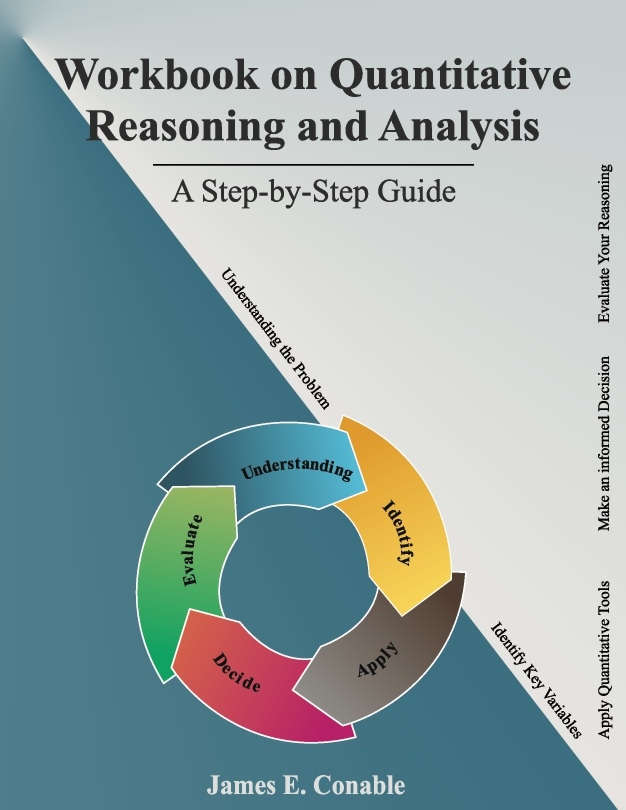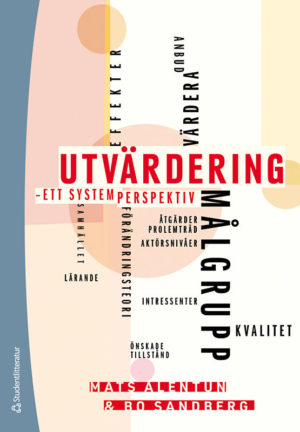The Workbook on Quantitative Reasoning and Analysis (WQRA) provides competency skills to facilitate advanced undergraduate or beginning graduate level students knowledge of the quantitative constructs necessary to collect and analyze statistical data. Thus, even if you have no basic knowledge of applied statistics, this workbook will help you understand how to collect and analyze quantitative data. One thing to remember, quantitative researchers make use of a coded mathematical language instead of qualitative expression to represent and test theories associated with research problems in economics and other social and behavioral sciences. I have been persuaded by years of teaching research and academic writing at undergraduate and postgraduate levels that most students do not clearly understand how to conduct surveys, review quantitative literature, and analyze statistical data. As such, the purpose of this workbook is to minimize the challenges students face in understanding survey, probabilistic model, and analysis. If you are one of many students who fear statistics, this workbook will help you overcome your fears. Someone who wants to learn anything needs solid foundational knowledge or the basics of the field they intend to explore. WQRA will help you acquire the knowledge and skills necessary to collect and use real-world data to answer research questions, critique existing research findings, and write research papers appropriate to your educational level, whether as an undergraduate or a postgraduate student.
I will be grateful to the readers who provide feedback about suggestions for improvement; your input will be extremely helpful. I welcome responses from lecturers, students, and readers; please email
[email protected], or
[email protected], or
[email protected] with comments or suggestions.







